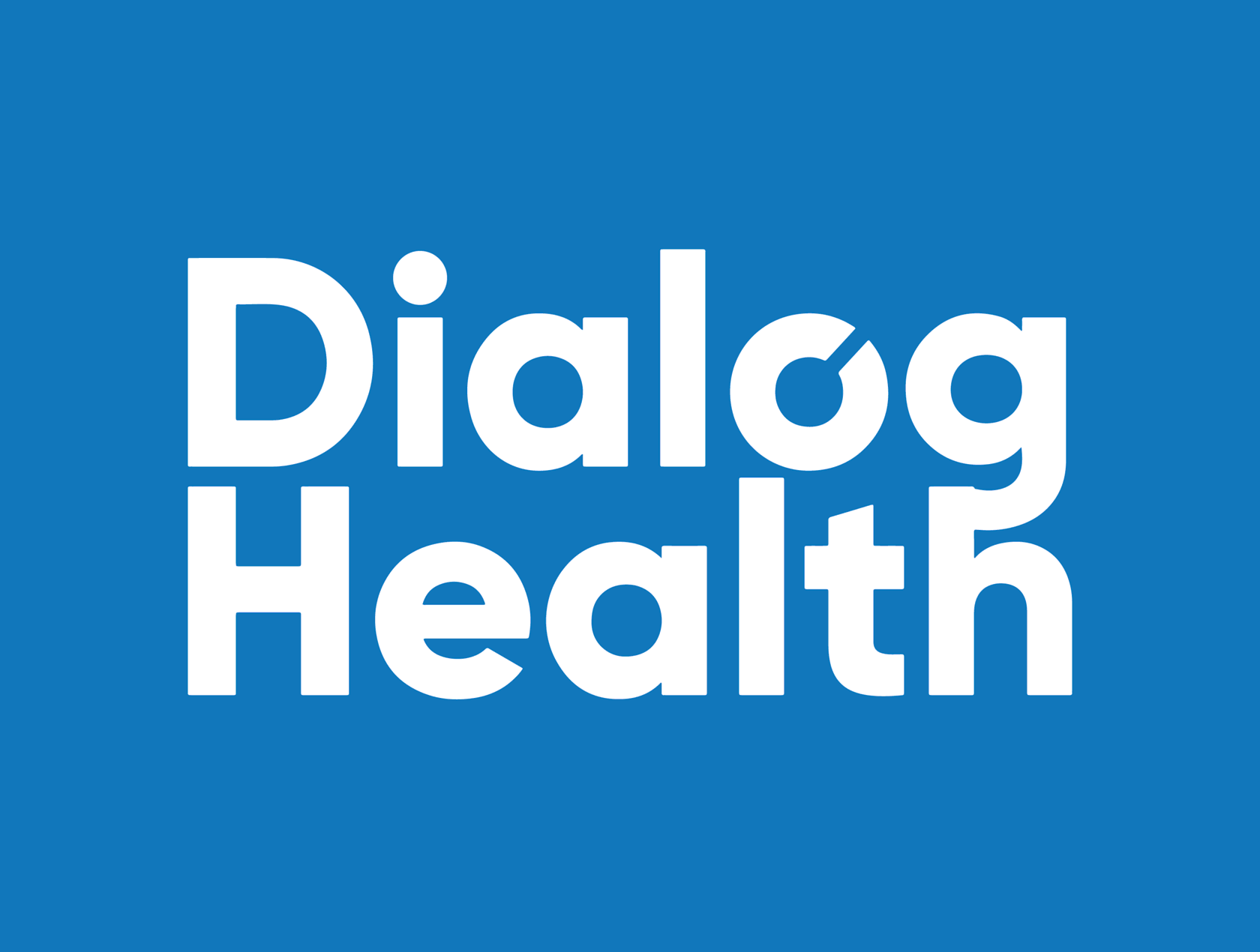- Quebec
- Handicap
- 12 delegates
- May 2024
From May 5th to May 10th, 2024, a delegation accompanied by Dialog Health traveled to Quebec for a study tour in partnership with FEHAP, aimed at discovering ways to support aging individuals with disabilities and people with complex autism.
The delegation was supported by Caroline Vaillant-de-Guelis, an architect from Atelier AA - Architecture Humaine. Her analysis and insightful comments stimulated exchanges and reflection within the delegation, raising awareness about the importance of architecture in medico-social establishments.
We began this international mission with an immersion into the Quebec healthcare system with the CIUSSS du Centre-Sud-de-l’Île-de-Montréal. We explored the key features of this system and received a presentation on housing services for people with intellectual disabilities and autism spectrum disorder (ID-ASD).
The delegation then visited the West Montreal Rehabilitation Center, a public social services establishment for individuals with intellectual disabilities or autism spectrum disorders and their families. The center promotes integration and autonomy by offering the necessary support and expertise to help these individuals maximize their potential and enjoy a good quality of life. Through its programs, the center encourages and stimulates user participation in community life.
On Tuesday, May 7th, the Miriam Center welcomed the delegation to explore themes related to aging with disabilities, specific adaptation and rehabilitation programs for children, adolescents, and adults, and the establishment of specialized residential services. The Miriam Center is committed to providing educational, residential, and professional, community, and social integration services to individuals with ID or ASD so they can achieve their full potential. The organization strives to meet the highest standards of excellence in care, research, information, and awareness.
The day continued with a visit to the Azrieli Dental Clinic. This new clinic, opened in December 2023, was designed to offer services for the neurodivergent community. It is the first of its kind in Montreal to provide both medical and dental services under one roof for adults with ID or ASD. The clinic offers a controlled and accessible sensory environment for a particularly vulnerable clientele requiring services tailored to their needs. This project marks an important step towards providing services to the neurodivergent community and embodies a vision of enhancing patient well-being through accessible, holistic, and personalized medical and dental care. Our delegation had the privilege of visiting the clinic and meeting the staff who work daily to provide adapted care.
Wednesday, May 8th, was dedicated to adapted employment. AXIA Services hosted our delegation to learn more about its operations and to interact with operators within the Montreal packaging plant. AXIA Services is an adapted company whose mission is to offer quality jobs to individuals living with limitations. The managers are committed to adapting tasks to each need and supporting employees to help them realize their full potential. Employment at AXIA Services provides individuals with limitations a source of validation, socialization, and fulfillment while contributing to society as engaged citizens.
In the afternoon, the delegation visited the AFFI Group, a logistics, manufacturing, and electronic material recovery contractor. The organization provides a healthy and dynamic environment for its 550 employees, 80% of whom live with functional limitations (physical, intellectual, and mental health). For nearly 50 years, AFFI Logistics has distinguished itself by offering high-quality service to major Quebec companies while enabling different individuals to achieve personal and professional fulfillment.
On Thursday morning, the RTSA (Transforming Autism Care Consortium) welcomed the delegation at the Neuro center. Focused specifically on improving care and services for autistic individuals, RTSA emphasizes research, innovation, and collaboration between researchers, healthcare professionals, and other stakeholders to transform autism care. Our delegation learned more about this network and discovered the training program for practitioners, including early intervention, family support, diagnosis, autism policy in Canada, and visited the clinical research platform.
The delegation then visited the Performing Arts Center "Les Muses". This unique school in Canada offers multidisciplinary performing arts training for artists living with intellectual disabilities and/or autism spectrum disorders, with or without physical or sensory limitations. Its training program promotes the inclusion of its students and graduates in the professional artistic community during or after their training.
Finally, this study mission concluded with a visit to the Giant Steps School. Founded in 1980, this school is a private public-interest school subsidized by the Ministry of Education. It welcomes autistic students aged 4 to 21 in preschool (ages 4 & 5), primary, and secondary education programs. The students follow a ministry-approved program tailored to their needs. Its approach is highly personalized, intensive, interdisciplinary, and holistic, with teaching offered in both French and English.
This international mission provided a valuable opportunity to exchange ideas and draw inspiration from innovative approaches aimed at improving the quality of life for people with disabilities, their families, and caregivers.
Subscribe to our newsletter
Once a month you will learn about our latest tours.
By clicking the button you agree to our Privacy Policy
Photos
Previous tours


